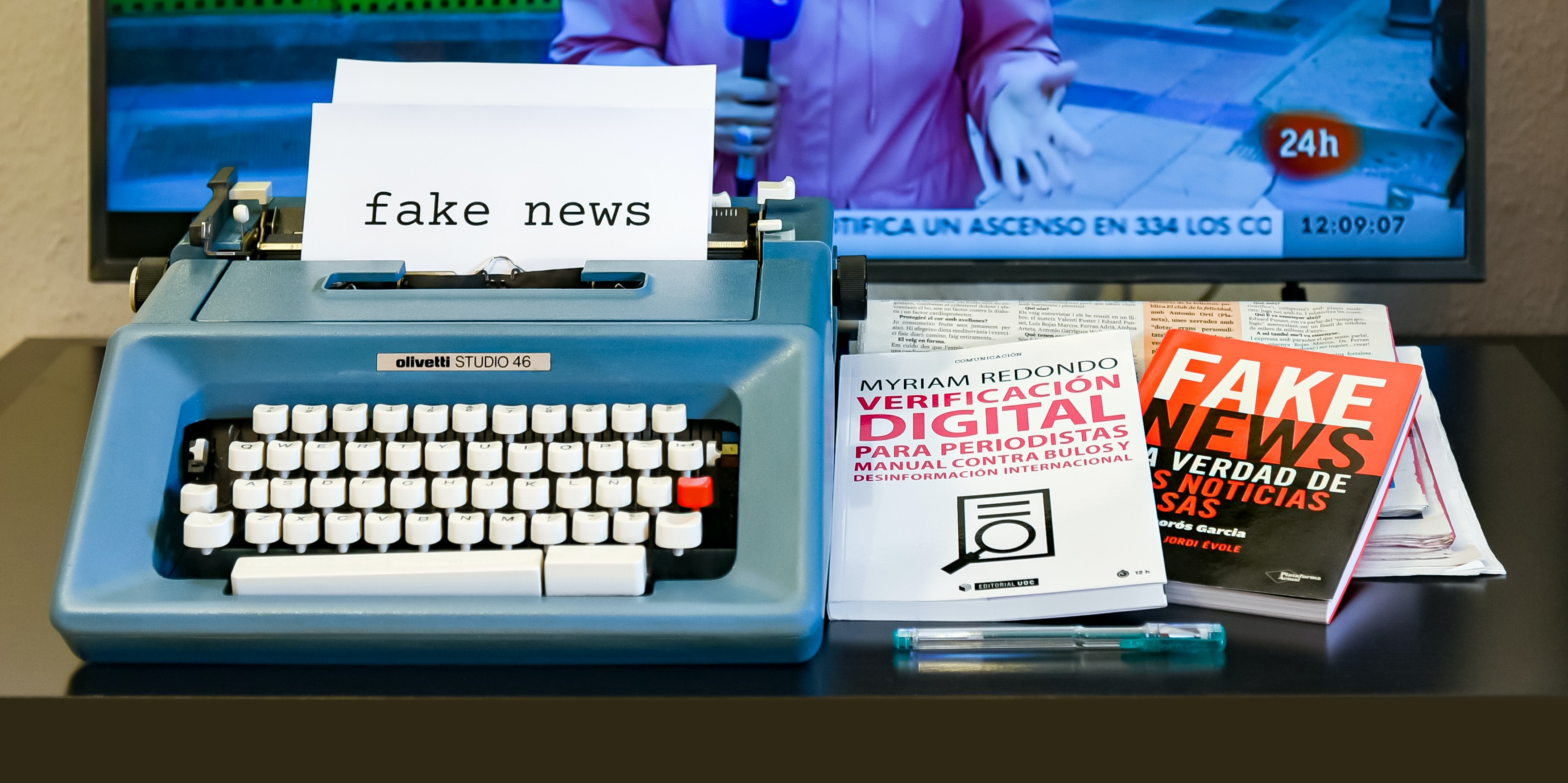How Mainstreaming of Anti Vaxxers Granted Conspiracy Theorists a Covid-19 Spotlight

Share this Post
In January 2020, before we were familiar with Covid-19, Alex Jones’ channel, Infowars, hosted Del Bigtree — a producer, and antivax streamer — to explain the “vaccine choice’’ protests held in New Jersey. Bigtree went from criticizing vaccination legislation to rooting what he considers scientists’ false belief in vaccines, then to a WHO vaccine “safety scandal” and to the claim that pharma owns the media and is trying to censor him. With those claims, Bigtree, an occasional guest at Inforwars, has grown his online audience over the past couple of years via his weekly show featuring antivax, pseudoscience and wellness experts. But as social media companies have clamped down on ads and changed recommendation algorithms he found another way to create buzz. Throughout 2019, as more states across the U.S. pushed legislation to limit vaccine exemptions, Bigtree live-streamed protests in multiple state capitals, and spoke alongside Robert F. Kennedy Jr. and other prominent antivax activists.
Despite their attempts to limit antivax reach, social media platforms are likely still the main channels of communication, congregation and propaganda for the antivax movement, and amidst all the unknowns about Covid-19, anti vaxxers have managed to push their talking points through fringe circles on social media and into mainstream conversations. They’ve succeeded in doing so because the movement was ready for the pandemic (or as some of them call it, “plandemic”) with millions of online followers, political campaign expertise and, perhaps most importantly, a narrative crafted over the years not just to counter science and facts, but the concept of public health itself. This narrative strikes a chord not just with conspiracy theorists, but also libertarians, populists and religious groups who hold contempt for government, science and medical authorities. This has given the antivax movement not only online but real life influence.
Covid-19 Subject matter expert “alternative facts” discussion
In January 2020, I analyzed how, in a matter of hours, a conspiracy theory about how Bill Gates had patented Covid-19 vaccines found its way from antivax pages to Q-anon and more prominent figures just as Wuhan was being put under lockdown. The reason for this quick and effective spread was that anti-vaxxers had their story ready “backed” by plenty of detail, anecdotes and “research evidence”.
While in past years anti vaxxers often stood as a pillar of their own, prominent antivax figures have become popular guests across non-antivax focused “alternative fact”’ social media channels. Just as Sanjay Gupta (CNN’s Chief Medical Correspondent) is the point person for Covid-19 analysis, “experienced anti-vaxxers” have gotten hold of a bigger megaphone across the far right (MAGAfans) and conspiracy channels such as Infowars, Next News Network (1.5M subscribers), London Real (1.8M subscribers), and Valuetainment (2.3M subscribers). The graph below shows how prominent antivax figures were hosted by those channels and others, and were hosting, or reposted content of prominent MAGAfans during April and early May 2020.

In antivax communities, Bill Gates, the WHO, the CDC and even Dr. Fauci have been notorious villains for years. Stories about vaccines or viruses that were modified as bioweapons, or arguments that certain diseases are attempts to hide flaws of emerging technology or chemicals are not new. Even memes targeting Gates and others were already used in the past. Having vocalized these theories for years, it is not surprising that anti-vaxxers have become deemed as “subject matter experts” by a thriving alternative truth community. In recent posts, I mentioned Kennedy Jr.’s exceptional success on Instagram, and how his anti-Gates post found its way to over one million people on social media with help of MAGAfans, QAnon accounts and pro-Russia blogs. The story RFK Jr. and the rest of the group tells is the story a lot of those groups want to hear. It is not just a bundle of tales about how Bill Gates is evil, why the CDC is corrupt or why Fauci is lying. More than that, it is a complex and detailed narrative, which includes the ecosystems of the pharma industry, federal and international health institutions, and governments, and which can also adjust itself when needed. For example, when it comes to a narrative that blames Fauci for hiding the pharma-developed malaria drug Hydroxychloroquine, anti vaxxers are happy to depart with their usual claim that big pharma drugs are fake.

When resentment towards Anthony Fauci grew across the MAGAfans crowd, the antivax community introduced Dr. Judy Mikovits, a biologist with a controversial record (to say the least) and a debunked antivax theory who has personal professional baggage with Fauci, that was laid out in a book she co-authored several years ago. In April 2020, her book,“Plague of Corruption” was published in collaboration with RFK Jr.s’ organization and she has since given interviews to multiple MAGAfans and conspiracy youtube channels. She is now the star of the new “docu” “Plandemic”.
Gaining Audience Through Streaming Network
Though antivax influencers already have hundreds of thousands of followers, Covid-19 has brought an opportunity to expand this audience even further. In April, Huffpost described how Rashid Buttar, an alternative medicine physician, gained dozens of thousands of followers on Facebook (229k followers) and Youtube (263k subscribers), with Covid-19 videos appealing to conspiracy theorists. His appeal also led to a series of interviews with conspiracy theory oriented youtube channels with millions of subscribers. This allowed him to gain more “clout’’ in this sphere, but also allowed his conspiratorial messages to reach a much larger audience. A similar pattern occurred with RFK Jr., Shiva Ayyadurai, Sherri Tenpenny. Del Bigtree hosted alt-right figure Mike Cernovich, who has given Bigtree shoutouts on his 500k followers Twitter account.Those appearances allow anti-vaxxers to grow their sphere of influence.
Eric Nepute, a chiropractor from Missouri, gained his fame in mid-April with a viral video advising drinking tonic water to prevent and treat Covid-19. The video gained millions of views in a couple of days before being taken down. But in the following days, Nepute gained over 100k new likes on his Facebook page, where he recently interviewed Sherri Tenpenny, another antivax influencer, to discuss “vaccine truth”. Tenpenny promoted the interview to her 50k followers on Instagram. Interestingly, both of them had separate online conversations with John Mappin, a British MAGAfan who recently was described by The Guardian as “a central figure behind Turning Point UK, the British arm of the pro-Trump American student organisation”. Mappin’s channel has only 2.3k subscribers, but his contact with MAGA key figures such as Charlie Kirk and Candece Owens likely led Tenpenny to participate in his channel in hopes to reach influential MAGA fans.
Practicing Politics
While a lot of focus has been given to anti vaxxers social media activity, they paved new roads. In the past couple of years, antivax activists rallied against legislation limiting vaccine exemptions in several states across the U.S. and formed a network of states-based political operations. They lobbied and endorsed politicians, created PACs, raised money and protested in state capitals across the country. Like other political campaigns, social media allowed them to mobilize efforts (e.g., rallying around #SB276 in California or #S2994 in NY).

In some cases, such as New Jersey, efforts proved successful and legislation failed in January 2020. The New Jersey case shows how antivax can reach audiences without social media. The political discussion provided activists the opportunity to reach out to audiences on mainstream media, specifically local media. While distancing themselves from the antivax title, they articulated messages focusing at times on parents’ individual rights, pharma interests and profits, and vaccine injuries. Furthermore, they managed to find partners in the Jewish ultra-Orthodox community that pushed against the bill, and got most local Republican leaders to oppose it. Interestingly, earlier in 2019, when New York passed a similar bill, Del Bigtree and Andrew Wakefield hosted an event in the predominantly ultra-Orthodox town of Monsey, (two miles from the NY-NJ state-line), which was a hotspot for measles in 2019, for Covid-19 in 2020, and also a home to one of the clinics of Dr. Zelenko who touted the hydroxychloroquine cure, thus capturing the White House’s attention in April 2020. It comes as no surprise that anti-vaxxers are on the forefront of some state’ protests calling to reopen America.
Not Everything is Debunkable
Anti-vaxxers policy arguments challenge the discourse about misinformation and fact checking. Messages about individual rights cannot be fact-checked, even if they are based on debunked theories. Moreover, the pharma industry has enough real scandals that are leveraged by anti-vaxxers. Similarly, when it comes to Covid-19, some arguments are also not based just on pseudo science, but on highlighting elements such as the connection between Dr. Fauci, Gates and the WHO, insinuating a “deep state” conspiracy and cover ups. This narrative appeals to multiple communities who consume it wholeheartedly.
In May 2020 Youtube took down the new anti-vaxxer documentary, “Plandemic’’, featuring Dr. Judy Mikovits accusations against Anthony Facui. By the time it was removed, it already got millions of views, and new copies have been uploaded since and gained hundreds of thousands of views, as anti-vaxxers leveraging their communication channels on social media to push the message forward. For them this is just another proof of “censorship” by big tech. There is importance in highlighting the failure of tech companies to limit exposure to antivax conspiracies, but by now this is only one component of a bigger challenge antivax movement represents to public health policies.
Israel Public Policy Institute (IPPI) serves as a platform for exchange of ideas, knowledge and research among policy experts, researchers, and scholars. The opinions expressed in this text are solely that of the author/s and do not necessarily reflect the views of IPPI.
Share this Post

"Our democracy is only as good as the information that voters have"
Disinfo Talks is an interview series with experts that tackle the challenge of disinformation through different prisms. Our talks…

"Deescalating polarization will contribute to diminishing the problem of misinformation"
Disinfo Talks is an interview series with experts that tackle the challenge of disinformation through different prisms. Our talks…

Carbon Pricing and Just Transition
Carbon Pricing and Global GHG Emissions Economically, carbon pricing is regarded as the most efficient climate change mitigation policy,…
